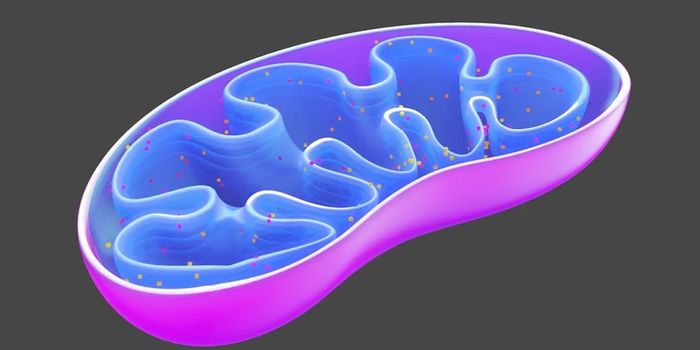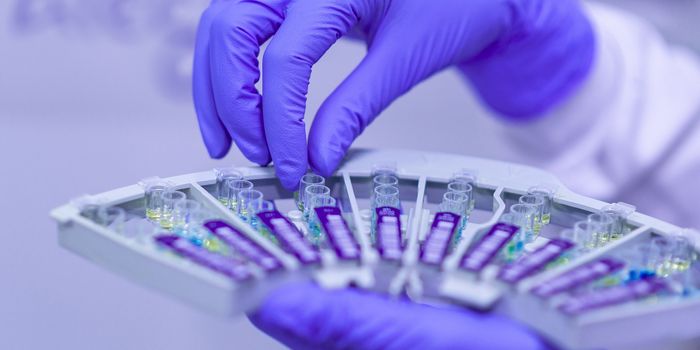According to the Humane Society, there are multiple benefits to spaying or neutering your pets and could be the single best decision pet owners make for the long-term welfare of their pets. Spaying and neutering your pets can also help them to live longer with 18% of neutered male dogs and 23% of spayed female dogs living longer than their unneutered and unspayed counterparts. Increased life span is attributed to reduced urge to roam, which exposes them to dangers such as getting hit by a car or coming into contact with other predators. There has also been reports of reduced occurrence of certain types of cancers, specifically cancers of the reproductive system, in pets who have been spayed or neutered.

Spaying and neutering pets is also thought to reduce the number of homeless animals. There are an estimated 6-8 million homeless animals that enter shelters each year. More than 2.7 million healthy, adoptable cats and dogs are reportedly euthanized in shelters each year. Spaying and neutering is currently the only effective method of birth control for cats and dogs. However; researchers at the California Institute of Technology are searching for alternative non-surgical methods of long-term contraception for pets.
Their research, published this month in
Current Biology, was based in the idea that antibodies, normally used in larger animals to prevent disease, could also be used to manipulate animal physiology. They used mass spectrometry to determine the protein sequence of an antibody that binds the gonadotropin-releasing hormone (GnRH), which is a master regulator of reproduction in vertebrates, and results in long-term infertility in male and female mice. The protein sequence of mature GnRH is identical in most mammals and is produced in the hypothalamus. When GnRH is released, it stimulates the release of other hormones that promote the formation of gametes and the production of sexual steroids. The loss of GnRH results in male and female infertility in addition to the loss of the production of hormones involved in sexual reproduction.

Viral particles were injected into the gastrocnemius muscle of mice in several dosages. Researchers found that females with titers >200 µg/ml showed sterility. The level or incidence of infertility seemed to be dose dependent. Males with 100 µg/ml were also infertile. There were no side effects seen in mice as a result of the treatment. Researchers are currently carrying out the experiment in cats. While spaying and neutering takes money and time, an injection would provide a less risky and cost effective way of controlling animal populations.
Sources:
Science Daily;
Current Biology;
Humane Society;
USA Today










